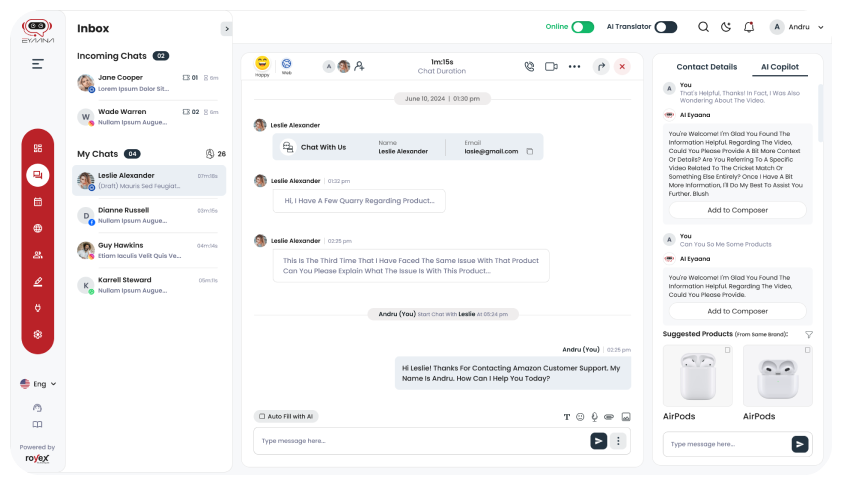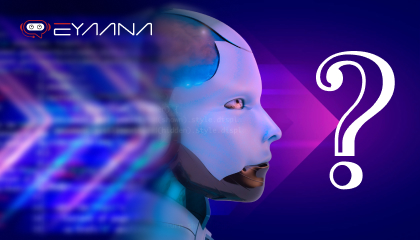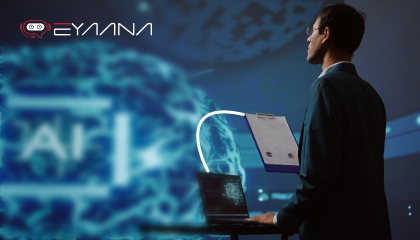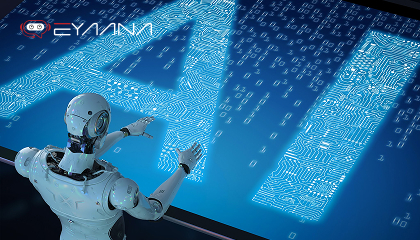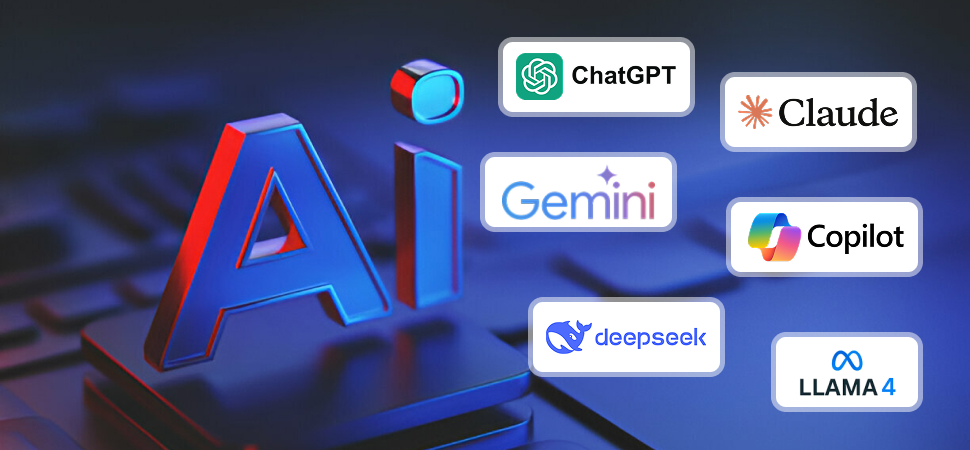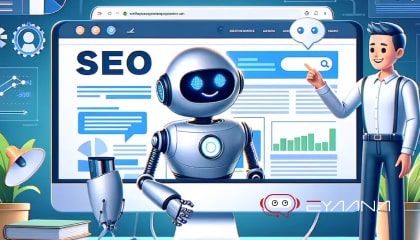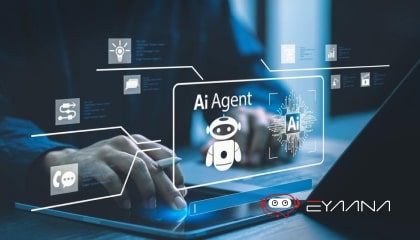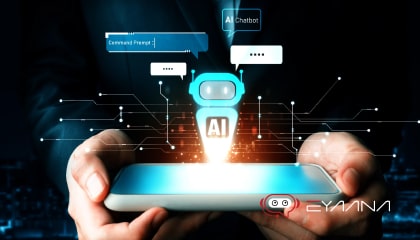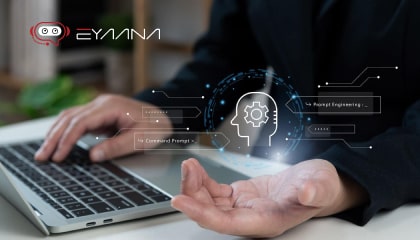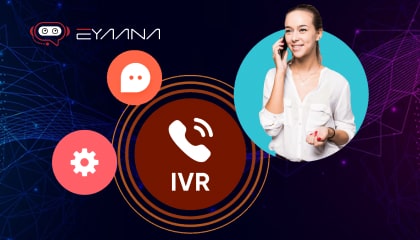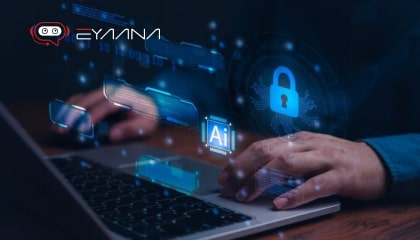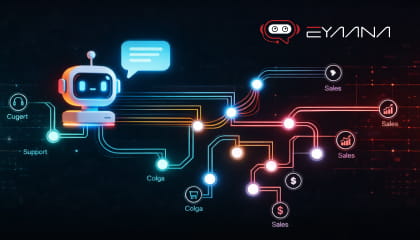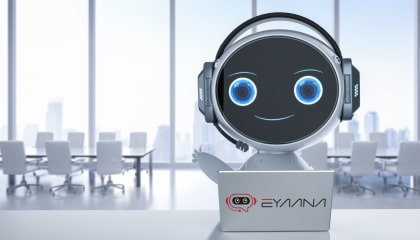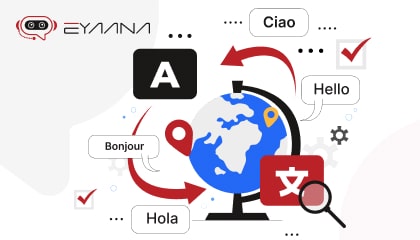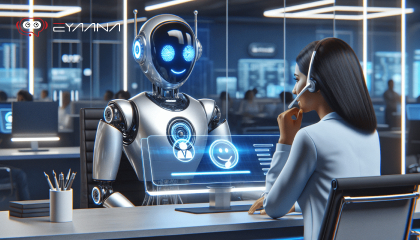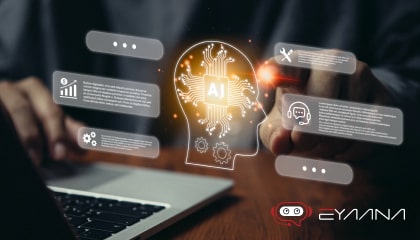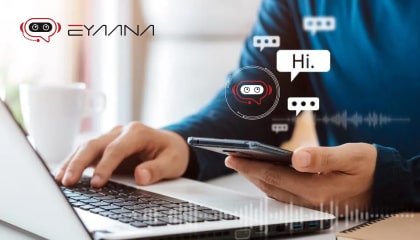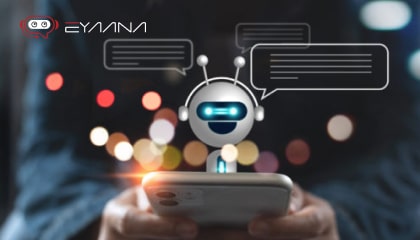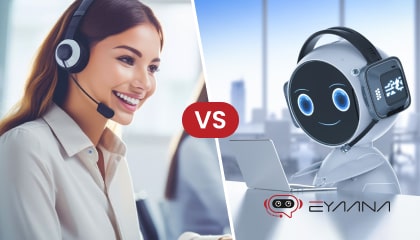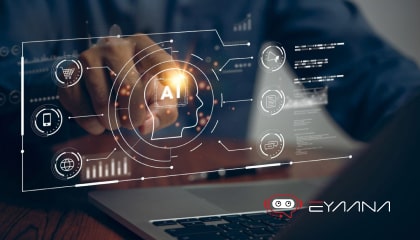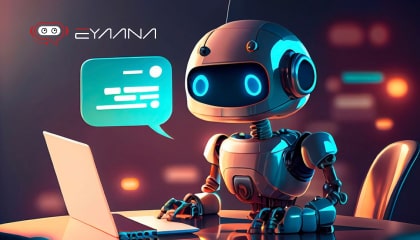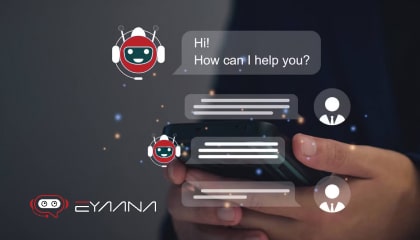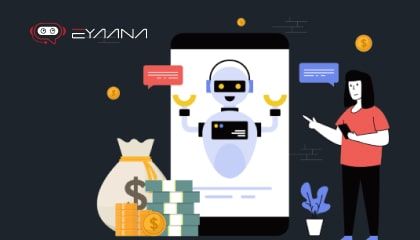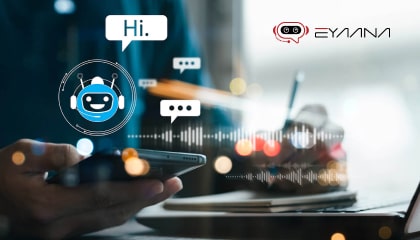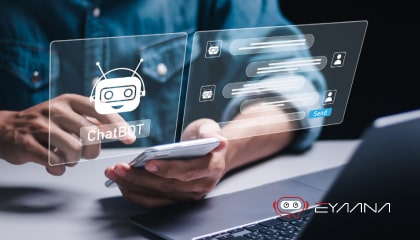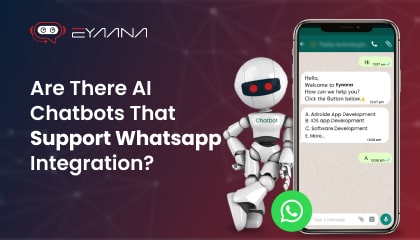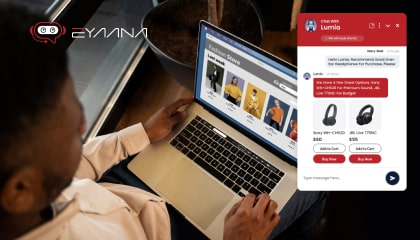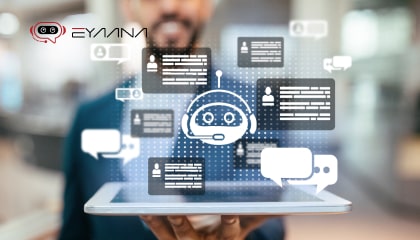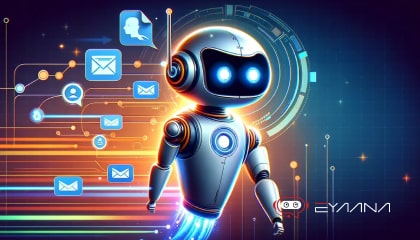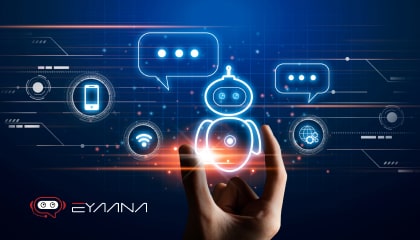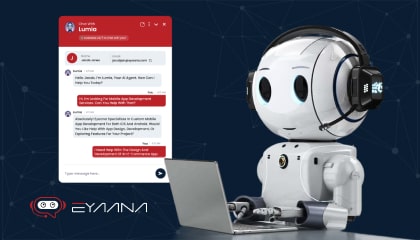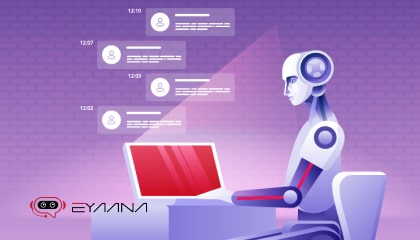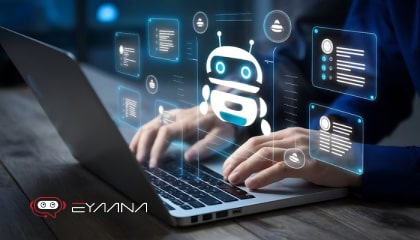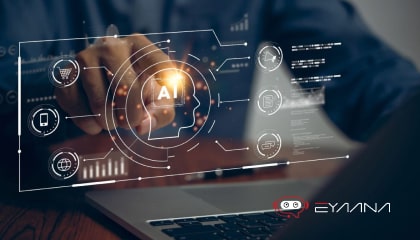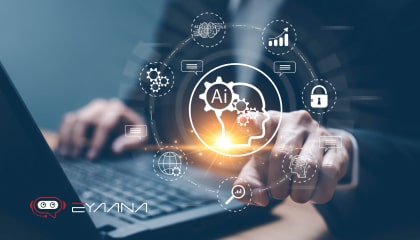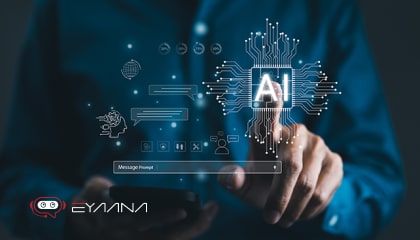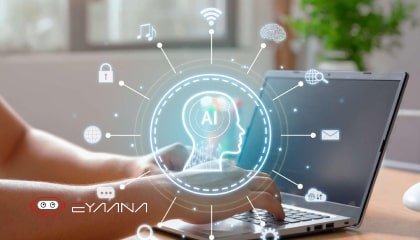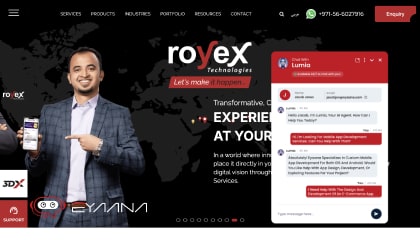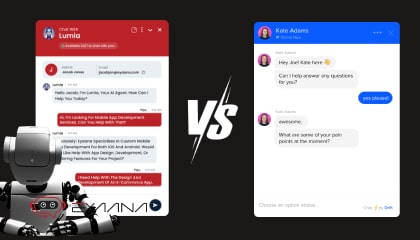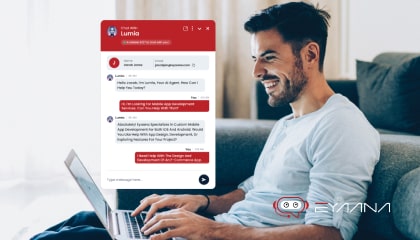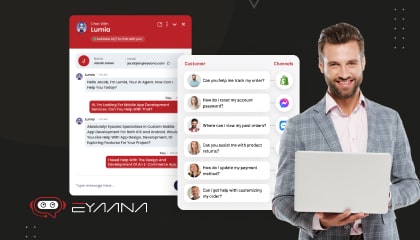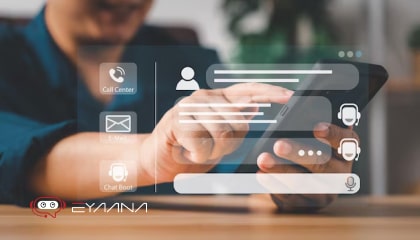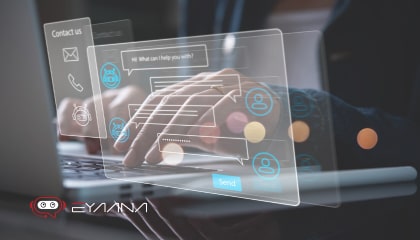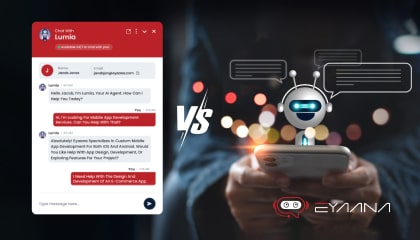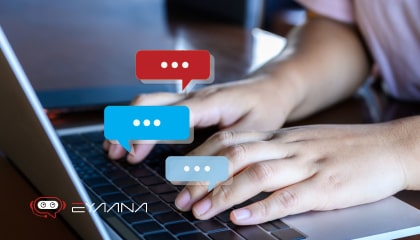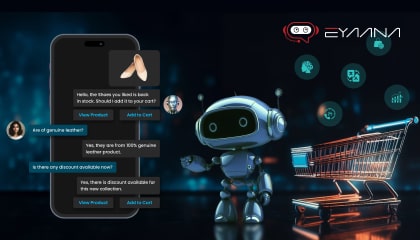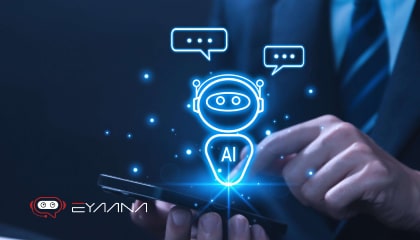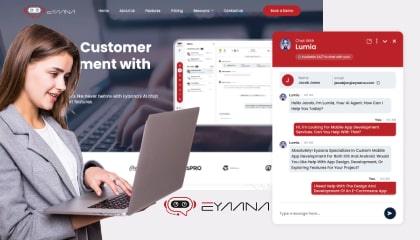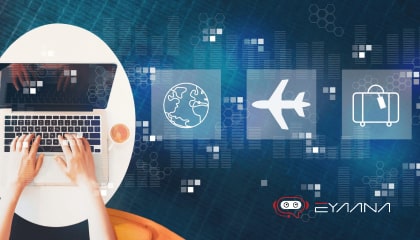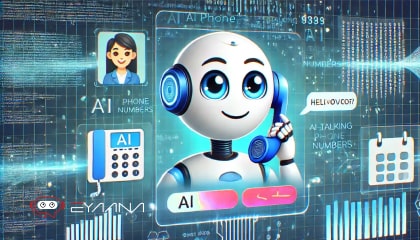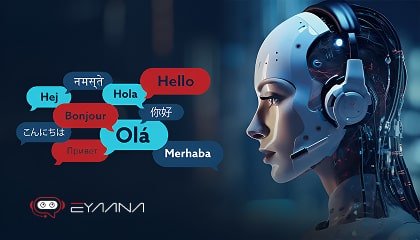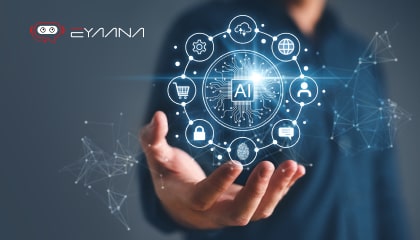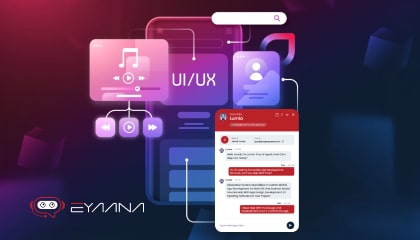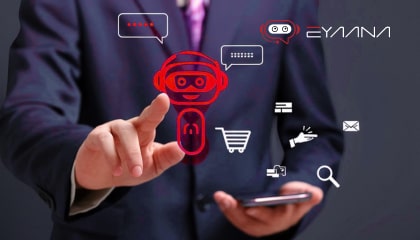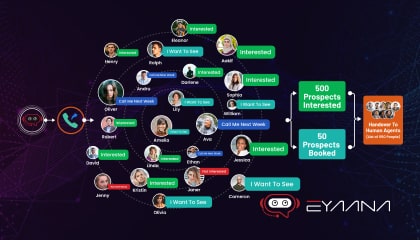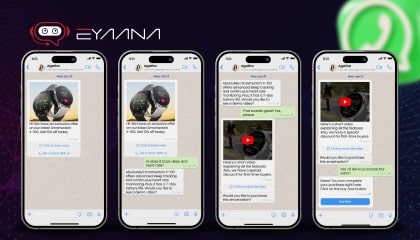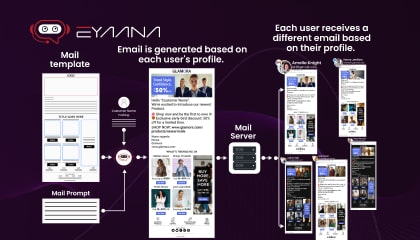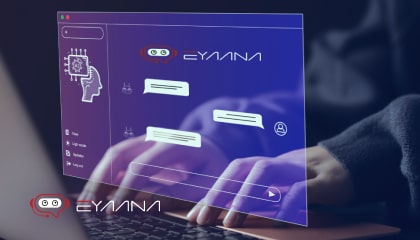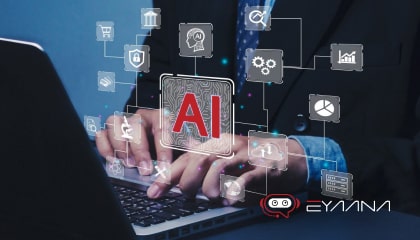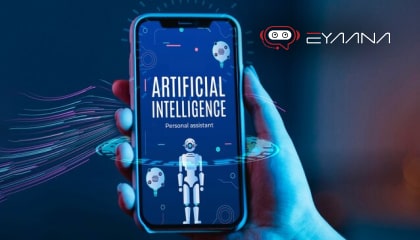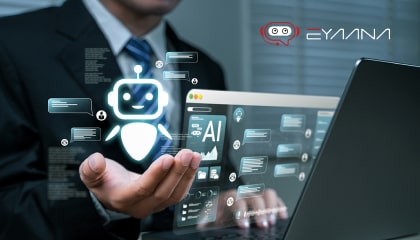Enquiry
Blog Details
How Secure Are AI Chatbots For Business Communications?
In today's digital world, AI chatbots are becoming essential tools for businesses to manage customer communications efficiently. But with their growing popularity, one question arise: How secure are these AI chatbots for business communications? After all, AI systems are designed to handle sensitive customer data, such as payment information and personal details. Can these chatbots protect this data from cyberattacks? Are businesses and their customers truly safe when interacting with an AI-powered assistant? These are important questions for anyone considering AI chatbots as part of their customer service or sales strategy.
Despite the convenience and efficiency chatbots offer, there are real concerns about privacy and security. Hackers are always looking for new ways to breach systems, and businesses must ask themselves: What happens if an AI chatbot is compromised? Will customer data be exposed? How well can chatbot app identify and prevent fraud or malicious activities? As businesses move toward automated solutions, ensuring that these systems are secure becomes crucial. This article will explore these issues, shedding light on the potential risks and how companies can address them to keep their communications safe.
What Makes a Chatbot Secure?
![what-makes-a-chatbot-secure-min[1].jpg](/media/44sjfdnx/what-makes-a-chatbot-secure-min-1.jpg)
A secure chatbot ensures that your information—and your customers’—is protected from cybercriminals and unauthorized access. Here are the key factors that contribute to a chatbot's security:
-
Data Encryption: This means the information shared during a conversation is turned into a secret code that only the intended recipient can decode. It’s like sending a message in a locked box that only you and the receiver can open.
-
Authentication Controls: A secure chatbot asks for proper credentials, like passwords or multi-factor authentication (MFA), before granting access to sensitive data.
-
Limited Data Retention: Not all information shared in a chatbot conversation needs to be saved forever. Secure systems delete unnecessary data after its purpose is served.
-
Regulatory Compliance: Secure chatbots comply with data privacy laws like GDPR (in Europe) or CCPA (in California). These regulations ensure businesses handle customer data responsibly.
-
Continuous Monitoring: Secure systems actively monitor for unusual activities, like attempts to hack the chatbot or access restricted information.
Common Security Concerns with AI Chatbots
Despite these safeguards, AI chatbots can have vulnerabilities. Here are some common concerns:
-
Data Breaches: If not properly secured, chatbots could leak sensitive customer information, such as payment details or personal data.
-
Phishing Attacks: Cybercriminals can create fake bots to trick users into sharing private information.
-
Human Error: Sometimes, chatbot administrators might misconfigure security settings, leading to accidental data exposure.
-
Eavesdropping Attacks: If chatbot conversations are not encrypted, hackers could intercept and read them.
-
Malicious Inputs: Attackers can exploit poorly designed chatbots by sending harmful commands, which could disrupt services or expose vulnerabilities.
How Modern Chatbots Ensure Security
To address these risks, many businesses rely on advanced measures to secure their chatbots. Here's how modern AI chatbots like Eyaana ensure robust security:
-
End-to-End Encryption: Every piece of information exchanged between users and the chatbot is encrypted, ensuring that even if hackers intercept the data, they can’t read it.
-
AI Threat Detection: Smart chatbots are equipped with AI algorithms that detect and block suspicious activities in real time.
-
Access Control Policies: Only authorized personnel can configure and manage the chatbot, reducing the risk of insider threats.
-
Secure Hosting: Reliable AI chatbots are hosted on secure servers with firewalls and regular updates to patch vulnerabilities.
-
Compliance Certifications: Platforms that comply with industry standards such as ISO 27001 or SOC 2, which guarantee high levels of security.
Why Businesses Trust Secure AI Chatbots
AI chatbots are an essential part of modern business communications, helping save time, reduce costs, and improve customer experiences. Here's why businesses trust them despite security concerns:
-
Efficient Problem Solving: With proper security measures, chatbots can safely handle tasks like answering customer questions or processing refunds.
-
Enhanced Customer Trust: When customers see secure and transparent chatbot interactions, they’re more likely to share information confidently.
-
Lower Operational Risks: Secure chatbots reduce the chances of costly data breaches or compliance fines.
-
Scalable Communication: A secure chatbot can handle thousands of queries simultaneously without compromising sensitive data.
How to Choose a Secure Chatbot
If you’re a business looking to adopt an AI chatbot, here are some tips to ensure you choose a secure solution:
-
Ask About Security Features: Look for chatbots with encryption, authentication controls, and compliance certifications.
-
Understand Data Policies: Make sure the provider has clear rules about how they store and manage your data.
-
Check User Reviews: Look at what other businesses say about the chatbot’s security and reliability.
-
Regularly Update Software: Security threats evolve, so ensure the chatbot system gets frequent updates to stay protected.
How Eyaana Prioritizes Security for AI Chatbots
![how-eyaana-prioritizes-security-for-ai-chatbots-min[1].jpg](/media/1cndk2em/how-eyaana-prioritizes-security-for-ai-chatbots-min-1.jpg)
AI chatbots are now a cornerstone of business communication, but security remains a pressing concern. Eyaana, ai chatbot app addresses this with a Robust Security Suite that incorporates advanced features designed to protect sensitive data and build user trust. Eyaana ensures top-notch protection for customer data with advanced features like end-to-end encryption, safeguarding information during transmission and storage. Multi-factor authentication (MFA) adds an extra security layer, while role-based access controls limit data access to authorized personnel. Data is stored in secure data centers adhering to industry standards like GDPR and HIPAA, ensuring compliance and trust. Regular audits and real-time monitoring proactively address threats, keeping sensitive information safe.
Key Security Features by Eyaana:
-
Data Encryption: All interactions are encrypted to protect data from breaches.
-
Multi-Factor Authentication: Ensures only authorized users access the system.
-
Role-Based Access Control: Limits data access to necessary personnel.
-
Regular Audits: Detects and fixes vulnerabilities proactively.
-
Resilient Data Centers: Ensures continuity in the event of outages or cyberattacks.
Eyaana’s security measures align with industry standards, demonstrating their commitment to safeguarding business communications.
Conclusion
AI chatbots are as secure as the technology and practices behind them. When implemented with the right security features, they provide a safe and efficient way for businesses to communicate with customers. However, like any tool, they need to be monitored and updated regularly to address emerging threats.
By choosing a reliable and secure chatbot provider like Eyaana, businesses can confidently leverage the power of AI while keeping customer trust intact.
To explore how AI can enhance your business operations, sign up for free and get started with Eyaana today.
Do you need help?
We will provide detailed information about our services, types of work, and top projects. We will calculate the cost and prepare a commercial proposal.
